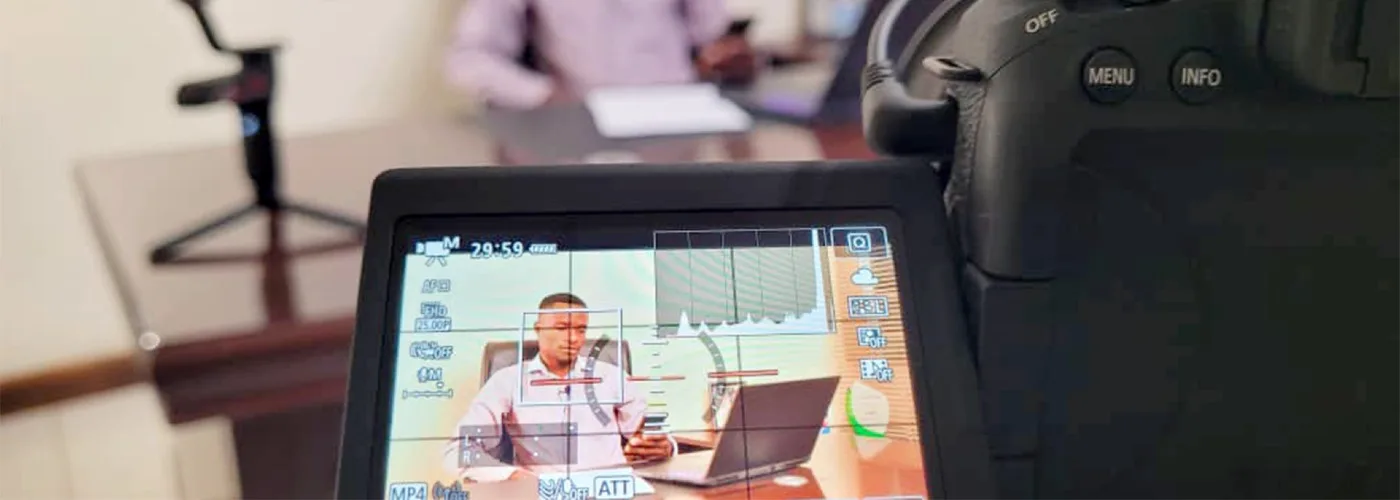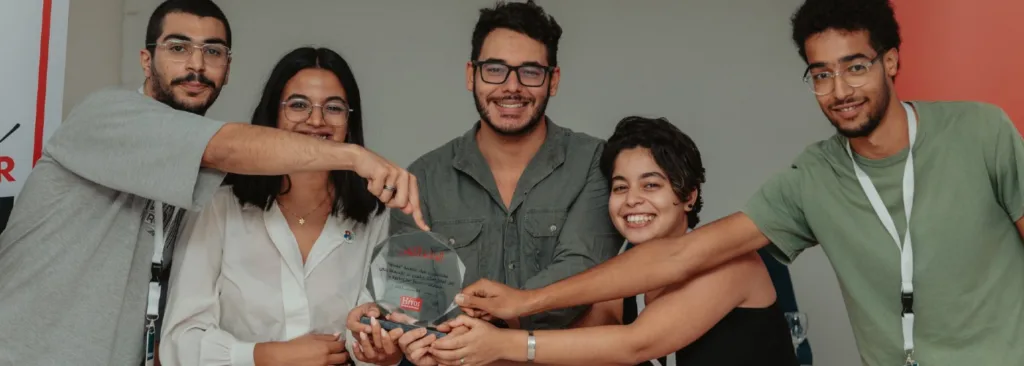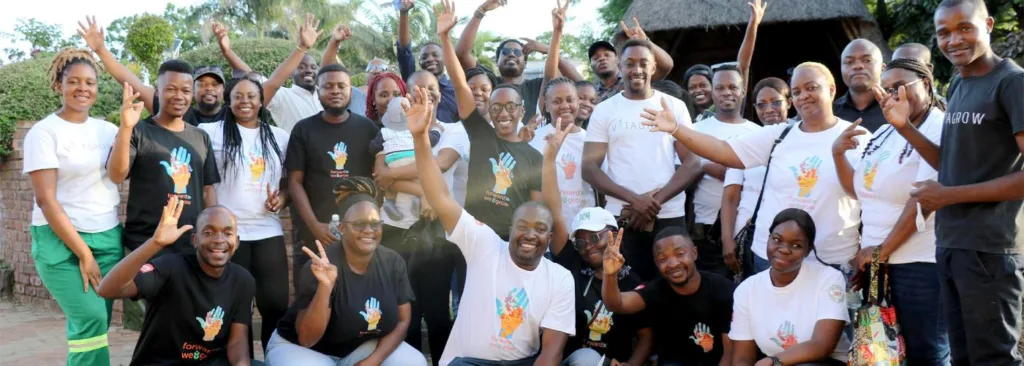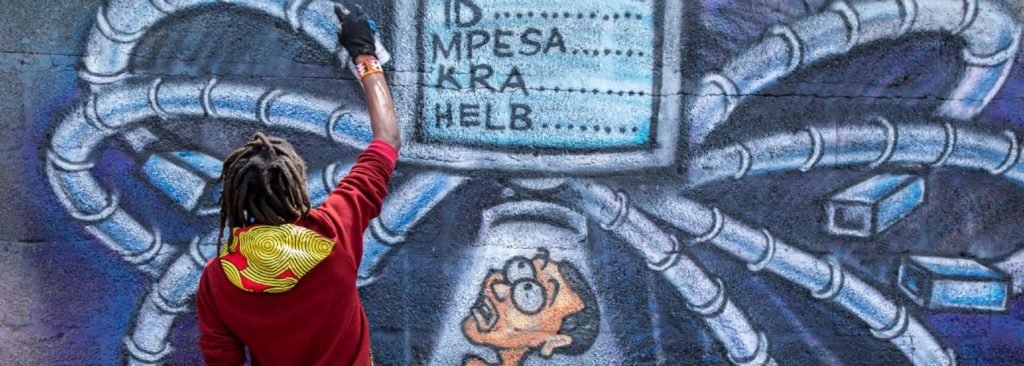The Resource of Open Minds (R.O.O.M.) program in Southern Africa recently launched the Progressive African Counter Narratives lecture series. It features the unique perspectives of Dr. Alexander Rusero, Dr. Sishuwa Sishuwa, and award-winning tech-prenuer Sam Masikini.
R.O.O.M. is concerned with both informed and grassroots civic participation in democratic, governance, human rights and Pan-African processes. The lecture series leverages history and memory to build knowledge building and share information. Its main aim is to bring progressive, diversified, and critical dialogue, debate, and dissent to African societies. Below are summaries of the three topics discussed in the series.
Decolonizing nationalism “beyond the nation state”
In this lecture, Dr. Rusero shifts our notions of nationalism. He addresses the limitations of “independence” and “state sovereignty”, linking neo-colonial to colonial theories. The emphasis is on the need for Africans to look beyond the liberation of their countries, symbolized by new names, flags, and anthems, but burdened by what he terms “neo-colonial clerks and administrative structures.”
“The African state is still an idea, and so nationalism in Africa is also still an idea. The holistic understanding of decolonizing nationalism can only meaningfully take place if we come to terms with the reality that the African state is still a colonial state. Colonialism is not over, but is all over.”
Dr. Rusero argues for the need to restructure African leadership.
Self-censorship and the rights of sexual minorities
Self-censorship is where external factors influence internal restraint – be it in politics, media, or moral arenas. The result is usually systemic repression that prevents open dialogues from setting the African public agenda. Dr. Sishuwa links modern perceptions to historical norms in a dynamic approach that questions religious, legal, and Western influences in our understanding of both ourselves and human rights.
“What is needed is to allow African countries to discuss their issues openly so that whatever is agreed at the end is a product of local rather than external dynamics. But for that to happen, we have to be prepared to re-examine what we regard as normal and ask ourselves difficult questions. [We have] to rise above prejudices because we betray our duty to one another the moment we decide which human rights to defend and which to ignore.”
Dr. Sishuwa says
AI “threatened or empowered”
Machine learning has caused a global stir, with discussions revolving around whether this technology is there to transcend human limitations or eliminate human existence. What seemed at first to be an extension of human intelligence and capacity keeps evolving into what people predict could take over human life. Sam Masikini addresses the threats and opportunities this technology poses in Southern Africa.
“Because of the level of intellect and the digital divide gap, you’ll find that we are not utilizing Artificial Intelligence to its full capacity. But when you look at it, it is one of the biggest enablers to our economies and our wellbeing.”
Sam Masikini




